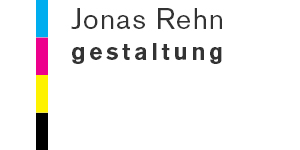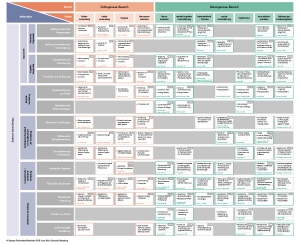How does empirical research and design go together?
"Research and Science" is usually associated with labs, books, precision and straightforwardness. As a designer one might think that this is not useful for a creative - maybe sometimes chaotic - design process. After all, design is based on breaking common way of thinking about and doing things.
In deed, this is correct. Design depends on a free uncompromised access to new challenges. The DNA of design is to use new ways of thinking an question existing solutions, products and procedures.
However, sciences such as psychology, sociology and anthropology offer many valuable insights and effective tools for designers to get their job done more effective, more efficient and more successful.
More precisely
My focus in design is to use science and empirical methods in two ways. On the one hand, scientific tools and knowledge can directly support and improve a design concept. This can be done by strengthening the overall knowledge about the design problem even before the concept phase has started. Furthermore, it offers help in structuring and evaluating design processes and concepts. This applies particularly if various design concepts appear to be equally fitting to the problem.
At the same time, doing research on and in design supports the design science in general. This scientific field has a high potential to improve products, systems and procedures and thus help solve social and economical challenges.
Auswahl von Forschungs- und Entwicklungsmethoden
Creative techniques, brain stormings and other special forms for idea generation
- Moderated brainstorming session
- and many more
Qualitative empirical methods
- Explorative interviews
- Participant observation
- Non-participant observation
- Focus groups
- and many more
Quantitative empirical methods
- Quantitative survey
- Observation
- Experiment (lab/field)
- Usability-Testing
- User-Experience-Questionnaire
- and many more
Most recent research project
Empirical study on the placebo effect of design using an orthopedic rehabilitation clinic as an example case study. What influence does hospital design have on patients and their health behavior?






